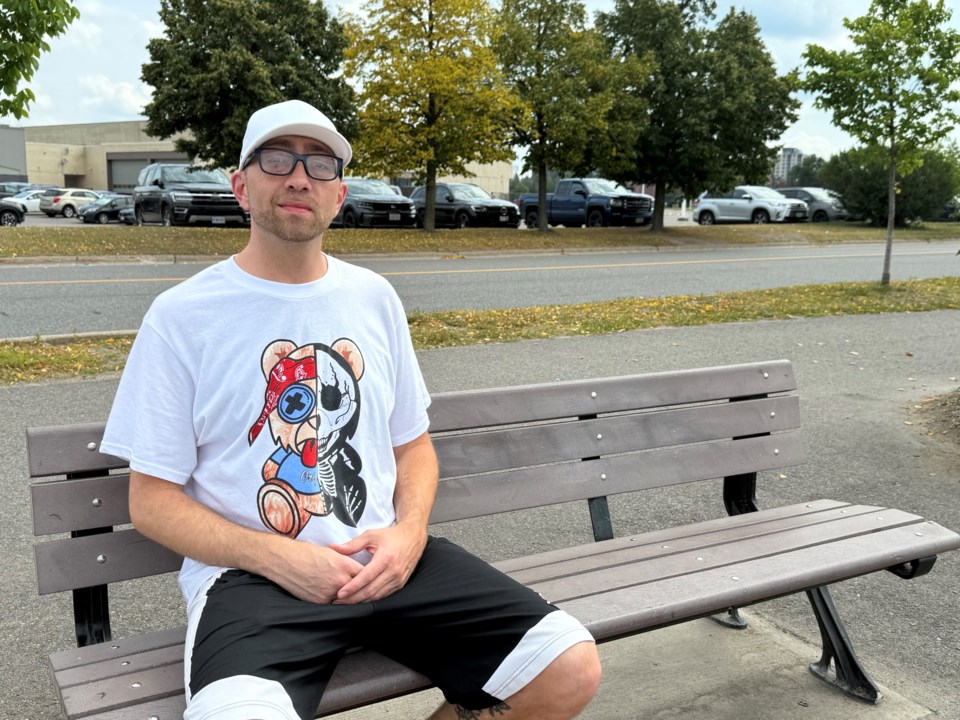Health
Listening to Survivors: A Path Forward in Sault’s Drug Crisis

The ongoing opioid crisis in Sault Ste. Marie demands urgent attention, and public health experts emphasize the importance of hearing from those who have navigated this harrowing journey. Recent discussions have highlighted that integrating the insights of individuals with lived and living experience can significantly inform effective strategies to combat addiction.
Public health authorities and advocacy groups suggest that the experiences of survivors can lead to better understanding and more effective treatment strategies. Acknowledging the unique perspectives of those directly affected is seen as vital in shaping policies and programs aimed at addressing the crisis.
Community Voices Make an Impact
According to a report by SooToday, sharing these personal narratives not only raises awareness but also fosters community support. Survivors of addiction offer firsthand accounts that shed light on the challenges faced during recovery. Their stories can help dismantle stigma and promote a more compassionate approach to those struggling with substance use disorders.
Public health officials assert that the voices of survivors can guide the development of resources that truly meet the needs of the community. By listening to what these individuals have to say, stakeholders can better tailor interventions and support systems. This approach reflects a growing recognition that one-size-fits-all solutions are often ineffective in addressing complex health issues.
Effective Strategies Emerging from Experience
Experts argue that incorporating survivor input into treatment strategies can lead to innovative solutions. For instance, peer support programs, where individuals who have successfully navigated recovery assist others, are gaining traction. These initiatives not only provide emotional support but also practical advice based on shared experiences.
Research indicates that programs designed with input from those with lived experience can increase engagement and retention in treatment. A study by the National Institute on Drug Abuse reveals that peer-led interventions result in higher success rates, highlighting the value of survivor insights in shaping effective recovery programs.
As Sault Ste. Marie grapples with its own drug crisis, the community is encouraged to create platforms for these vital conversations. Engaging survivors in discussions about their experiences not only empowers them but also fosters a sense of community responsibility. By prioritizing these voices, Sault Ste. Marie can pave the way for a more effective response to the opioid crisis.
In summary, addressing the opioid crisis in Sault Ste. Marie requires a commitment to listening to those most affected. The integration of survivor narratives into public health strategies can create a more holistic approach to recovery, ensuring that programs are responsive to the real needs of the community.
-

 Science3 months ago
Science3 months agoToyoake City Proposes Daily Two-Hour Smartphone Use Limit
-

 Health4 months ago
Health4 months agoB.C. Review Reveals Urgent Need for Rare-Disease Drug Reforms
-

 Top Stories4 months ago
Top Stories4 months agoPedestrian Fatally Injured in Esquimalt Collision on August 14
-

 Technology3 months ago
Technology3 months agoDark Adventure Game “Bye Sweet Carole” Set for October Release
-

 World3 months ago
World3 months agoJimmy Lai’s Defense Challenges Charges Under National Security Law
-

 Lifestyle4 months ago
Lifestyle4 months agoVictoria’s Pop-Up Shop Shines Light on B.C.’s Wolf Cull
-

 Technology3 months ago
Technology3 months agoKonami Revives Iconic Metal Gear Solid Delta Ahead of Release
-

 Technology3 months ago
Technology3 months agoApple Expands Self-Service Repair Program to Canada
-

 Technology3 months ago
Technology3 months agoSnapmaker U1 Color 3D Printer Redefines Speed and Sustainability
-

 Technology3 months ago
Technology3 months agoAION Folding Knife: Redefining EDC Design with Premium Materials
-

 Technology4 months ago
Technology4 months agoSolve Today’s Wordle Challenge: Hints and Answer for August 19
-

 Business4 months ago
Business4 months agoGordon Murray Automotive Unveils S1 LM and Le Mans GTR at Monterey









